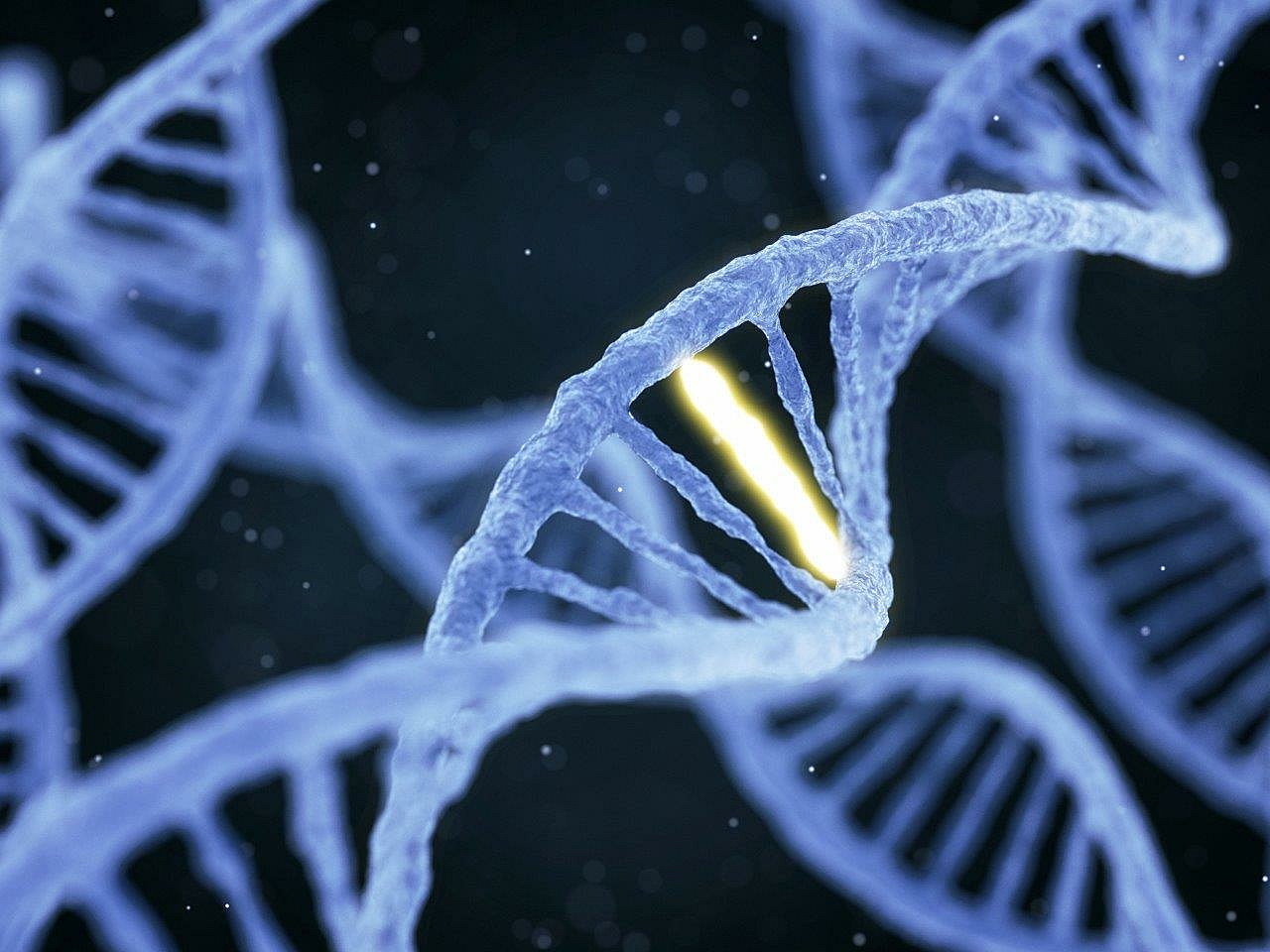News
European GMO Laws no Longer fit
04.03.2020

Current GMO classification lacks scientific foundation
EASAC’s new commentary builds on two decades of independent scientific work and comes in support for the recent recommendations made by the German National Academy of Sciences Leopoldina, the Union of German Academies of Sciences and Humanities and the German Research Foundation (DFG). Significant opportunities are described in the German statement, including genome-edited crops already marketable elsewhere with benefits for nutrition and productive, low-pesticide and resource-conserving agriculture. Soybeans with healthier fatty acids, gluten-reduced wheat, potato tubers with a longer shelf life, bacteria-resistant rice, fungus-resistant varieties of grapes, wheat and cocoa, and drought-tolerant varieties of corn and wheat are mentioned as examples. “A lot has happened since the first regulations have been adopted almost 20 years ago. Reform must strengthen the use of scientific evidence and tackle future uncertainties. In parallel, we need continued and transparent discussion of the critical, including ethical, issues to build trust between scientists and the public”, says Fears. The European Council has already asked the European Commission to clarify regulatory options. EASAC sees this as an opportunity not to be missed to call for a radical reform:- The EU should revise the GMO definition. Analogous to plants modified with conventional breeding methods, genome edited organisms should not be considered GMOs unless they contain DNA from other species. Also, combinations of genetic information which could also occur in nature or via conventional breeding methods should not be included in the classification.
- The EU should develop a new legal framework which regulates the plant trait and/or product rather than the technology used in generating that product. Evaluation must be informed by the worldwide scientific evidence base and, in particular, assessment of safety should examine whether the novel attributes of the plant might represent a risk to the environment or human health irrespective of the breeding technology used.
- To provide the tools for future innovation in farming practices, the European Commission must reaffirm its support for fundamental science, field trials, and research on the health, economic, environmental, ethical and other societal consequences of products and application scenarios of new molecular breeding methods.